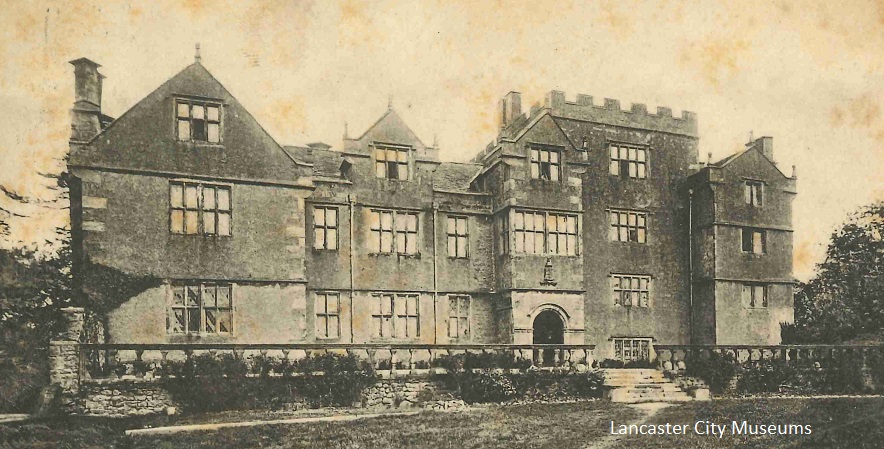Borwick was first mentioned in the Domesday Book as ‘Bereuuic’ with, literally, a double ‘u’.
‘Berewic’ is an Old English (Anglo-Saxon) word. Before the development of parishes and townships it is thought that much larger estates existed. Kings and nobles would travel around to estate centres and while there the estate would feed them and their retinue.
The estates would be pretty much self-contained and originally ‘wicks’ were places that specialised in something. The word ‘wick’ having come from the latin ‘vicus’ – the settlement outside a Roman fort.
A berewick was originally a place that specialised in barley and possibly brewing, as barley is the main ingredient in ale. When water quality was so poor weak ale of around 0.5% was drunk by everyone, so barley was a vital crop.
By the time of the Domesday Book the large estates had broken up and smaller estates had formed. Berewicks were now an outlying estate centre for a lord where produce was stored.
In the case of Borwick this was for the lordship of Beetham which was owned before the Norman Conquest by King Harold’s brother, Tosti the Northumbrian Earl. Borwick is unusual for being called ‘bereuuic’ as often Domesday Book gives a place name and says that the place is ‘a berewick’.
Berewicks were similar to Bartons – which mean ‘barley farm’ and could be an outlying part of the estate centre with an administrative function. Perhaps there are more ‘Bartons’ because they developed as part of the fragmentation of the larger estates?
The photo shows Borwick Hall, most of which dates from the later 1500s up to the mid 1600s


